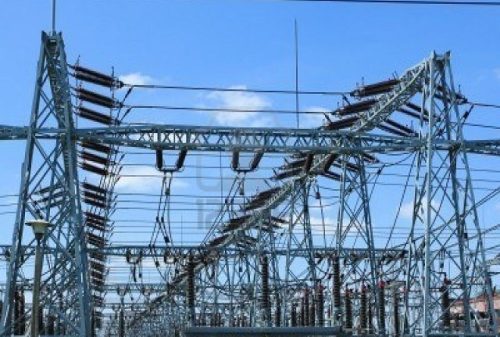A global initiative aimed at addressing energy poverty in Nigeria is making strides through a solar mini-grid pilot program backed by the Rockefeller Foundation and the Bezos Earth Fund. The Global Energy Alliance for People and Planet (GEAPP), established in 2021 alongside the Ikea Foundation, is working to alleviate the chronic power shortages that hinder productivity in Nigeria, Africa’s most populous nation. According to a report by Bloomberg, this program aims to install pilot mini-grids in each of the regions served by Nigeria’s eleven power distribution companies, with an ambitious goal of ultimately generating a total of 10 gigawatts of power through mini-grid systems designed to provide steady energy access in areas devoid of reliable national electricity supply.
The push for mini-grids is a crucial advancement as Nigeria currently faces significant challenges in electricity accessibility. The nation is reported to have the highest number of people without electricity globally, totaling around 86 million, while the national grid itself generates a meager 4,000 megawatts for a population of roughly 230 million. Comparatively, this amount of power is only one-sixth of what is generated in South Africa, which has a population roughly a quarter of Nigeria’s. The national grid is plagued by frequent outages and even total collapses, which has led to an urgent need for alternative energy sources. The mini-grid projects not only aim to complement the inconsistent national grid supply but also to empower businesses and households with a reliable source of electricity.
In collaboration with private developers, GEAPP has already constructed the first interconnected mini-grid and is currently working on two additional systems, with funding secured for a fourth site. Muhammad Wakil, the country delivery lead for GEAPP, emphasized the necessity of replicating similar projects across Nigeria to comprehensively address energy poverty. He highlighted that the solar mini-grids would significantly enhance electricity availability, enabling communities to enjoy all-day power—a stark improvement over the mere eight hours provided by local distribution companies, known as DisCos. This initiative underscores a larger commitment to build sustainable energy solutions in regions severely lacking in electricity access.
One of the integral components of GEAPP’s approach is the Demand Aggregation for Renewable Technology (DART) program, designed to reduce the costs associated with solar equipment. By pooling the order requirements of multiple developers, the program allows them to import essential equipment more affordably. With an available financing facility of $25 million, developers can borrow funds in dollars to make these imports, with repayment structured in Nigeria’s local currency as revenue becomes available. This financial strategy has reportedly yielded savings of up to 30% for the participating developers, making the endeavor more economically viable and sustainable.
The Nigerian mini-grid sites have also received attention from international financing entities, with the World Bank pledging $130 million in support of similar initiatives. As highlighted by Wakil, the successful pilot and ongoing projects in Nigeria could serve as a valuable template for larger-scale energy solutions across Africa. The learnings from these mini-grids are anticipated to fuel the Mission 300 program, a collaborative framework by the World Bank and the African Development Bank targeting the electrification of 300 million people by the year 2030. Wakil refers to this initiative as an evolution of Nigeria’s experiences, seeking to expand the model and replicate it across at least fifteen other African nations.
Ultimately, the pilot solar mini-grid program in Nigeria is a bold step towards mitigating energy poverty and advancing sustainable development within the country. By promoting decentralized energy solutions, GEAPP is not just addressing immediate power shortages but also contributing to a larger vision of universal electricity access. Such projects hold the potential to disrupt traditional energy paradigms, fostering economic growth and improving living standards for millions who have long struggled with inadequate energy supply. The interplay of local and international support in deploying renewable energy infrastructure stands as a beacon of hope for Nigeria’s energy future, aiming for a constructive shift towards a power-secure and sustainable environment for its residents.


